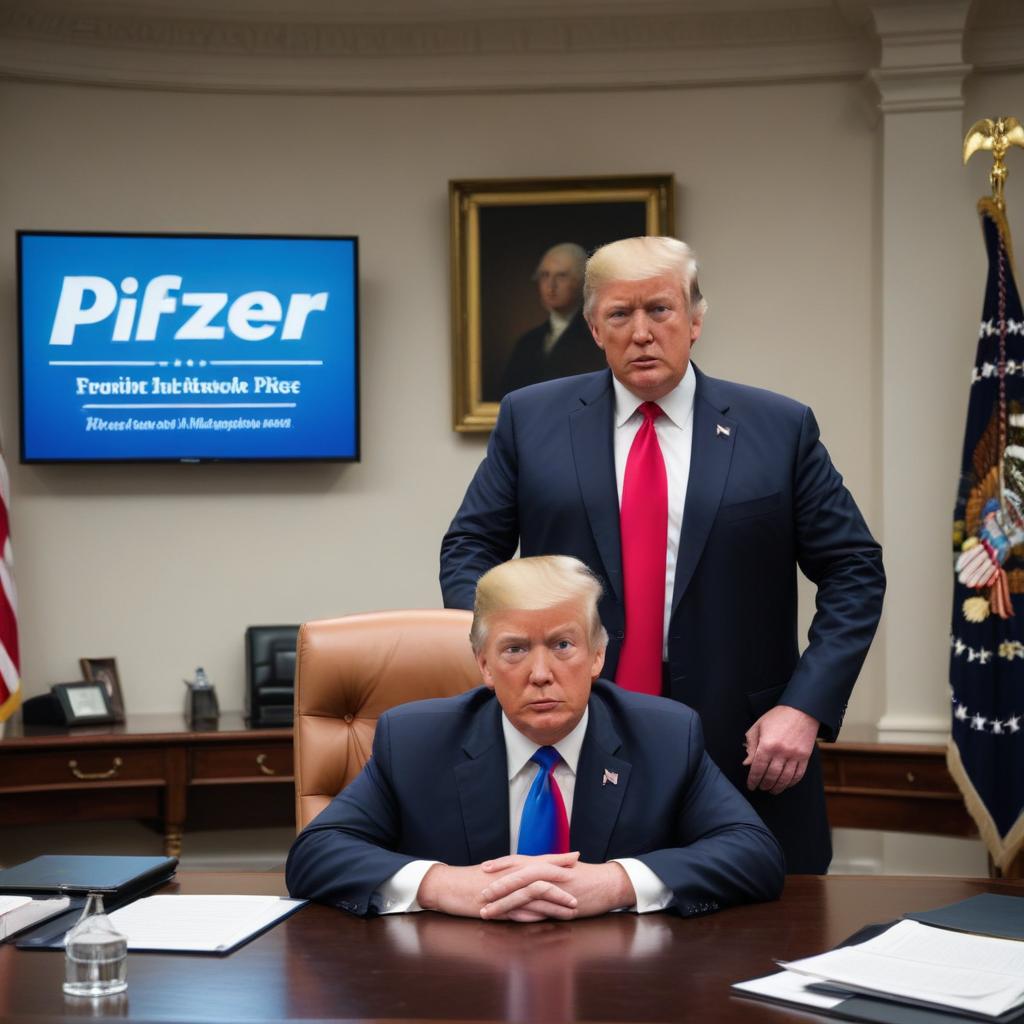President Trump announced a deal with Pfizer to lower Medicaid drug costs through 'most-favored-nation' pricing and a new website, TrumpRx, offering average 50% discounts. The agreement, secured under threat of tariffs, also includes a $70 billion domestic manufacturing investment, though experts remain skeptical about the immediate impact on consumers.
President Donald Trump announced a landmark deal with Pfizer Inc., one of the largest U.S. drugmakers, to significantly lower prescription drug costs for Medicaid recipients. The agreement, struck under the threat of tariffs, mandates 'most-favored-nation' pricing for Medicaid, ensuring prices match the lowest offered in other developed nations, and guarantees this pricing for newly launched drugs. Pfizer also committed to participating in a new administration website, TrumpRx, where many of its treatments will be offered at an average discount of 50% for direct consumer purchase. This initiative builds on a May executive order by Trump, pressuring drugmakers to reduce prices voluntarily. Beyond price reductions, Pfizer agreed to invest $70 billion in U.S. domestic manufacturing facilities, aligning with Trump's push to boost American production. While Trump lauded the deal as a major victory, prescription drug pricing expert Stacie Dusetzina of Vanderbilt University Medical Center expressed skepticism, noting that specific terms remain confidential and the actual impact on Medicaid's existing payments to Pfizer is unclear. Consumers are not expected to see lower prices from this deal until 2026. While lower prices could benefit state budgets and uninsured patients, even steep discounts might still leave some paying hundreds of dollars monthly for prescriptions. The article also notes Trump's often exaggerated claims of price reductions and the ongoing partisan standoff over healthcare and government funding, with Democrats pushing to reverse Medicaid cuts.



